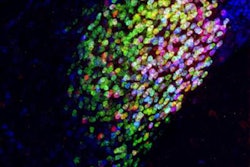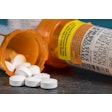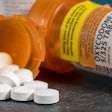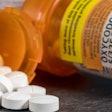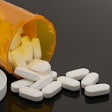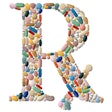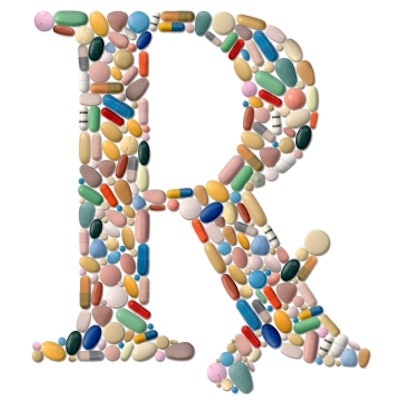
Approximately 43% of endodontists reported they had prescribed opioids after feeling pressured by physicians or patients to order the medication, according to a new study published in the Journal of Endodontics.
The findings also showed that private-practice practitioners were significantly more likely to succumb to external pressure to prescribe opioids over those clinicians in military or faculty settings.
"Practice background is significant for endodontists who felt pressured to prescribe opioids," wrote the authors, led by Maha Alghofaily, BDS, of the department of advanced oral sciences and therapeutics at the University of Maryland School of Dentistry in Baltimore (J Endod, October 2019, Vol. 45:10, pp. 1265-1271).
Managing endodontic pain is a major concern for patients and clinicians. Though studies have shown that a combination of opioids and analgesics are most effective in managing pain, opioids are abused. A sharp spike in the number of opioid prescriptions since 1999 has led to a growing public health threat fueled by widespread dependence and death. The crisis has forced the healthcare community to look at pain management for patients.
To gain insight into the opioid-prescribing practices of endodontists, researchers sent surveys to American Association of Endodontists members randomly selected from the group's 2015-2016 directory. Approximately 320 members responded.
The findings showed that twice as many clinicians in private practice were likely to succumb to pressure and prescribe opioids as colleagues in other settings.
| The settings in which endodontists prescribed medications after being pressured | |
| Setting | Percentage |
| Private practice | 44% |
| Military | 22% |
| Faculty | 21% |
Educators are less likely to prescribe narcotics, likely due to factors such as the volume of patients treated, less fear of losing a referring dentist, and a difference in support network, the authors noted.
About 89% of respondents prescribed drugs that are considered controlled substances under U.S. laws and have a high potential for abuse. Overall, endodontists prescribed multiple types of medication to relieve patients' pain.
| Top 3 types of medications prescribed by endodontists | |
| Medication types | Percentage prescribed |
| Acetaminophen and nonsteroidal anti-inflammatory drugs | 91% |
| Opioids | 76% |
| Tramadol | 50% |
When opioids were prescribed, the most frequent were hydrocodone, codeine, and oxycodone, according to the findings.
Though the authors made no note of specific study limitations, they stated that a few respondents didn't answer every question on the survey. Nevertheless, the authors didn't believe the minor omissions affected the results.
The survey was written, distributed, and assessed before most states had opioid continuing education requirements or clinicians knew the full scope of the opioid crisis, they acknowledged.
The authors recommended that more surveys, which include questions about whether endodontists attempt to control pain with nonopioids before prescribed opioids, should be conducted in the future.
"A follow-up study assessing prescribing habits of endodontists after drug schedule changes and state licensing requirements in response to the opioid crisis should be performed," they wrote.





